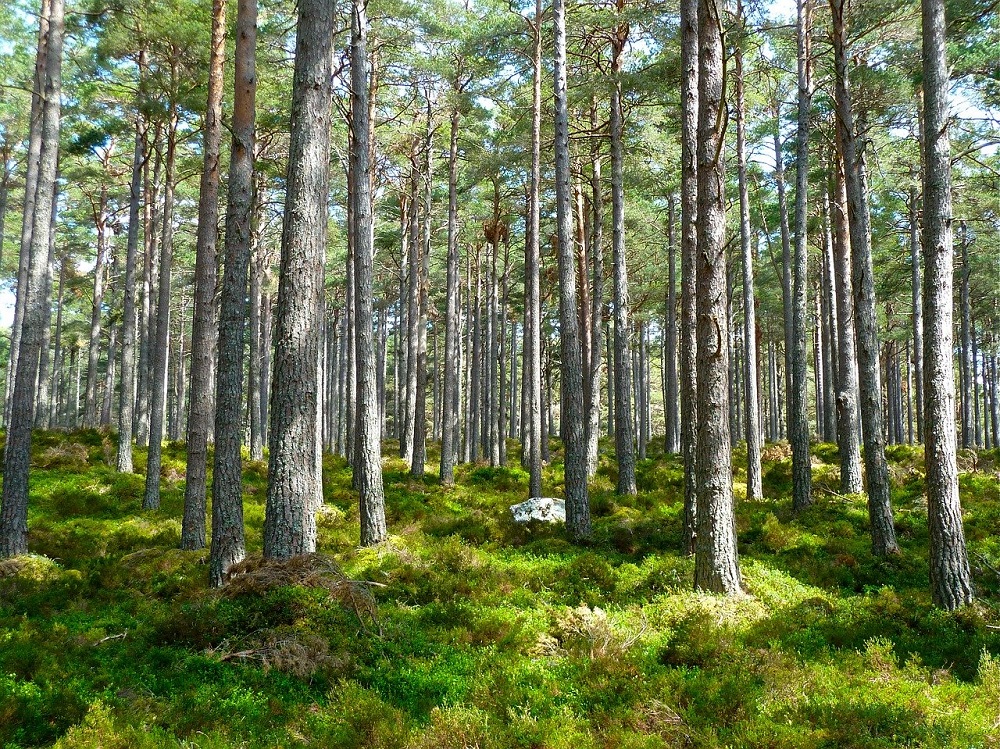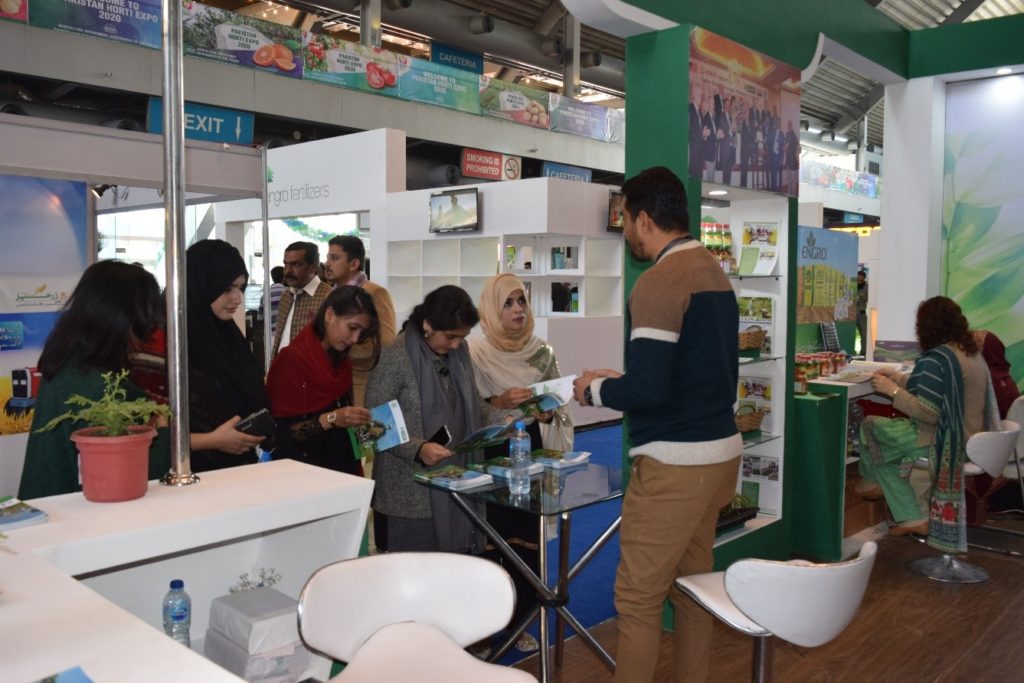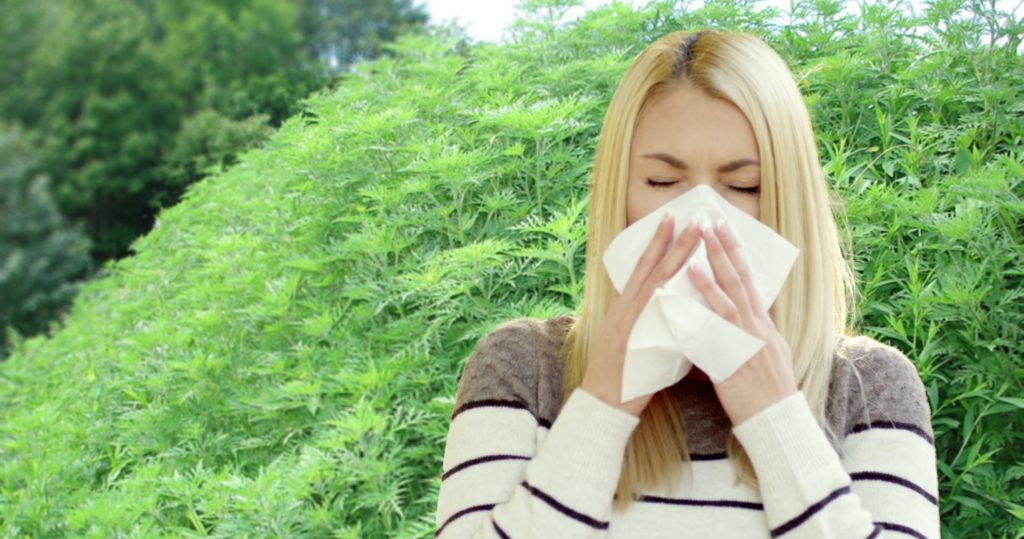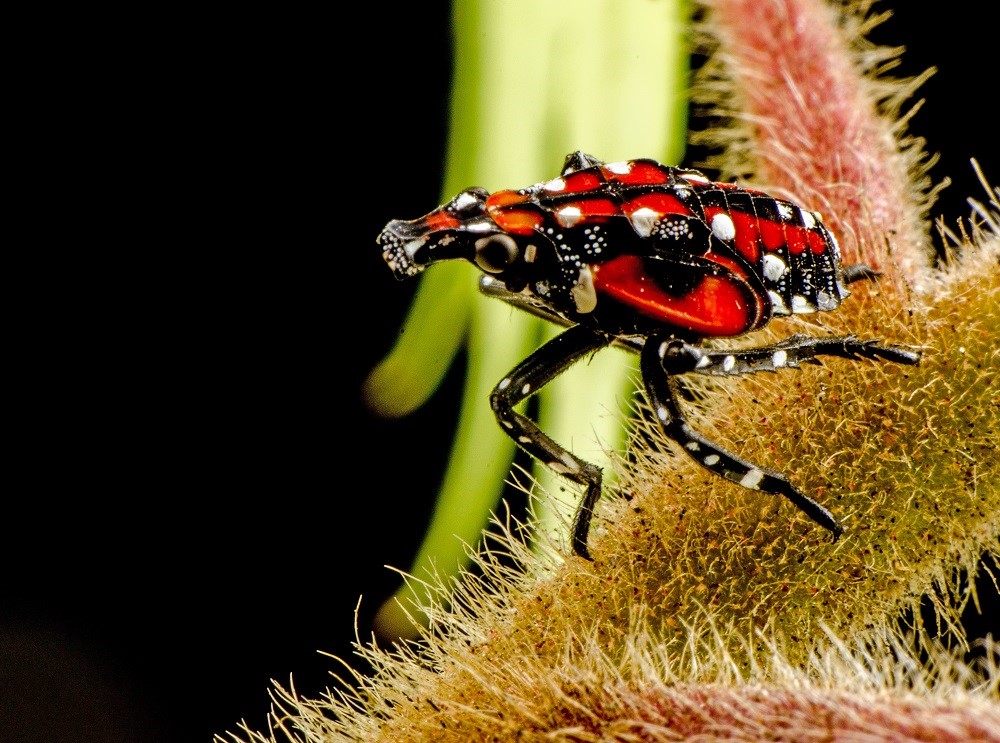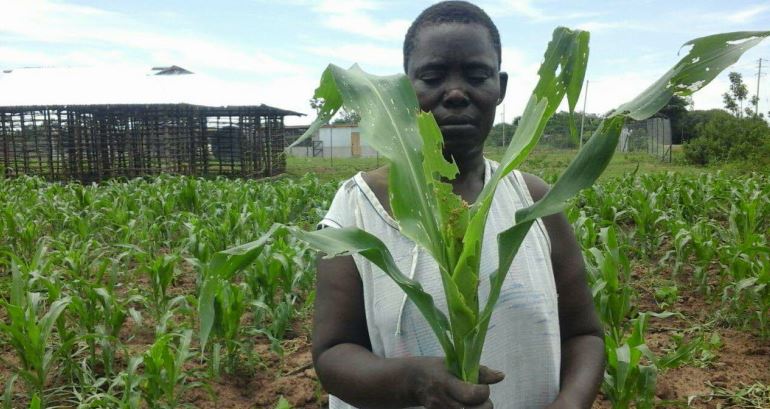3 ways that preprints help researchers in agricultural and plant sciences
The use of preprints (pre-peer reviewed versions of scholarly papers) has accelerated in the last few years with many researchers now sharing their latest work with the scientific community before or in parallel to publication with a journal. After a slower start compared to other research fields, adoption of preprints in the plant sciences and…
Is chocolate under threat?
Otherwise known as ‘the food of the gods’ Theobroma Cacao is cocoa - the key ingredient from which chocolate is produced. The various species of cocoa such as Criollo and Forastero mainly originate from the Amazon jungle and are planted and produced in Colombia, Brazil, Ivory Coast, Cameroon, Indonesia, Ghana, Ecuador and Nigeria
CABI scientist defends PhD thesis on risks of pest and disease movement via plant and seed exchanges
CABI scientist Dr Iva Franić has successfully defended her PhD thesis looking at the risks of pest and disease movement via plant and seed exchanges. Dr Franić, co-supervised by Dr René Eschen, Research Scientist, Ecosystems Management, and Risk Analysis and Invasion Ecology at CABI, obtained her PhD degree from the University of Bern in Switzerland,…
CABI Blog Most Read 2019
As 2019 draws to a close, we have crunched the numbers and compiled the top 20 most read articles on the CABI Blog this year. Plus a few firm favourites. Articles by CABI Books authors proved popular this year, covering a wide range of topics from religious tourism, to science communications, and the visual system…
New impact brief reveals cost benefit of fighting Fall armyworm in Ghana
A new CABI Study Brief published on CABI.org has revealed that implementing coordinated control measures to fight Fall armyworm in Ghana can reduce the economic cost of crop losses by USD $15 million a year. The research, entitled ‘Have actions taken to control Fall armyworm reduced the economic cost experienced in Ghana?’, based itself on…



